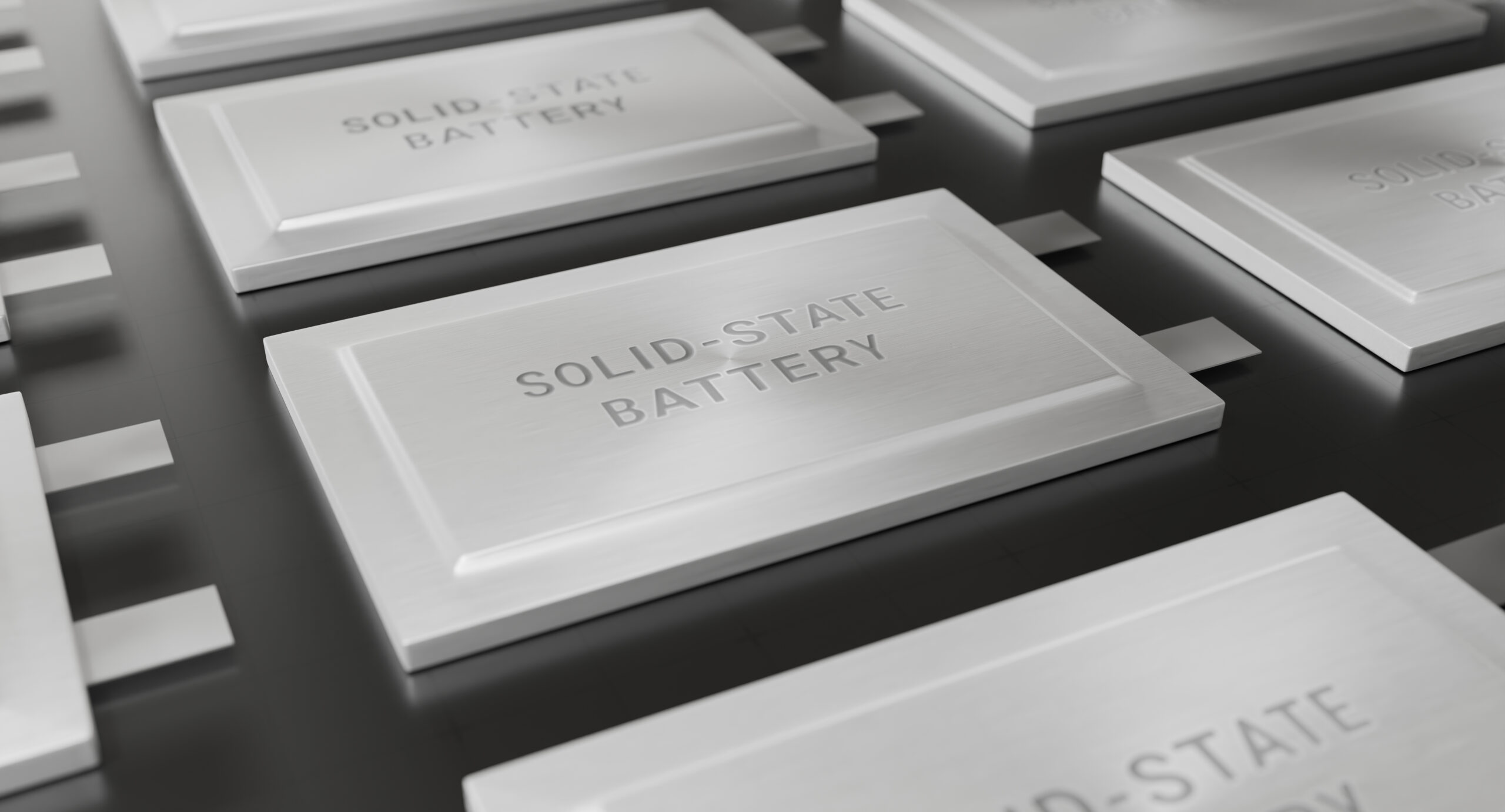Solid state batteries have entered the spotlight of electric vehicle development as Mercedes-Benz joins forces with U.S.-based solid-state battery specialist Factorial Energy.
The partnership aims to be testing the next-generation battery technology prototypes early next year.
Currently, electric vehicles are fitted with Lithium-ion batteries which use a liquid electrolyte to stimulate the transfer of electrons from the anode to the cathode, through a redox reaction. While the current Lithium-ion batteries function, liquid electrolytes have been known to build up heat and cause battery fires.
Solid state batteries use solid electrolytes, making it lighter, have more energy density, quicken charging times, offer more range, and extend battery life while also removing the dangers associated with heat build up and battery fires.
Solid state batteries are already widely used in smaller devices such as pacemakers and RFID tags with success and are now being adapted to suit electric vehicle needs.
The Mercedes-Benz and Factorial Energy partnership accelerates the car manufacturers plans for an ‘Electric Only’ future.
“With this cooperation, we combine Mercedes-Benz’s expertise in battery development and vehicle integration with the comprehensive know-how of our partner Factorial in the field of solid-state batteries. We share the common vision of CO2 neutrality. The continuous development of innovative battery technologies will make electric mobility even more attractive for our customers,” Member of the Board of Management of Daimler AG and Mercedes-Benz AG; responsible for Daimler Group Research and Mercedes-Benz Cars COO, Markus Schäfer said.
Mercedes-Benz plans to integrate the technology into a limited number of vehicles as part of a small series within the next five years.


















